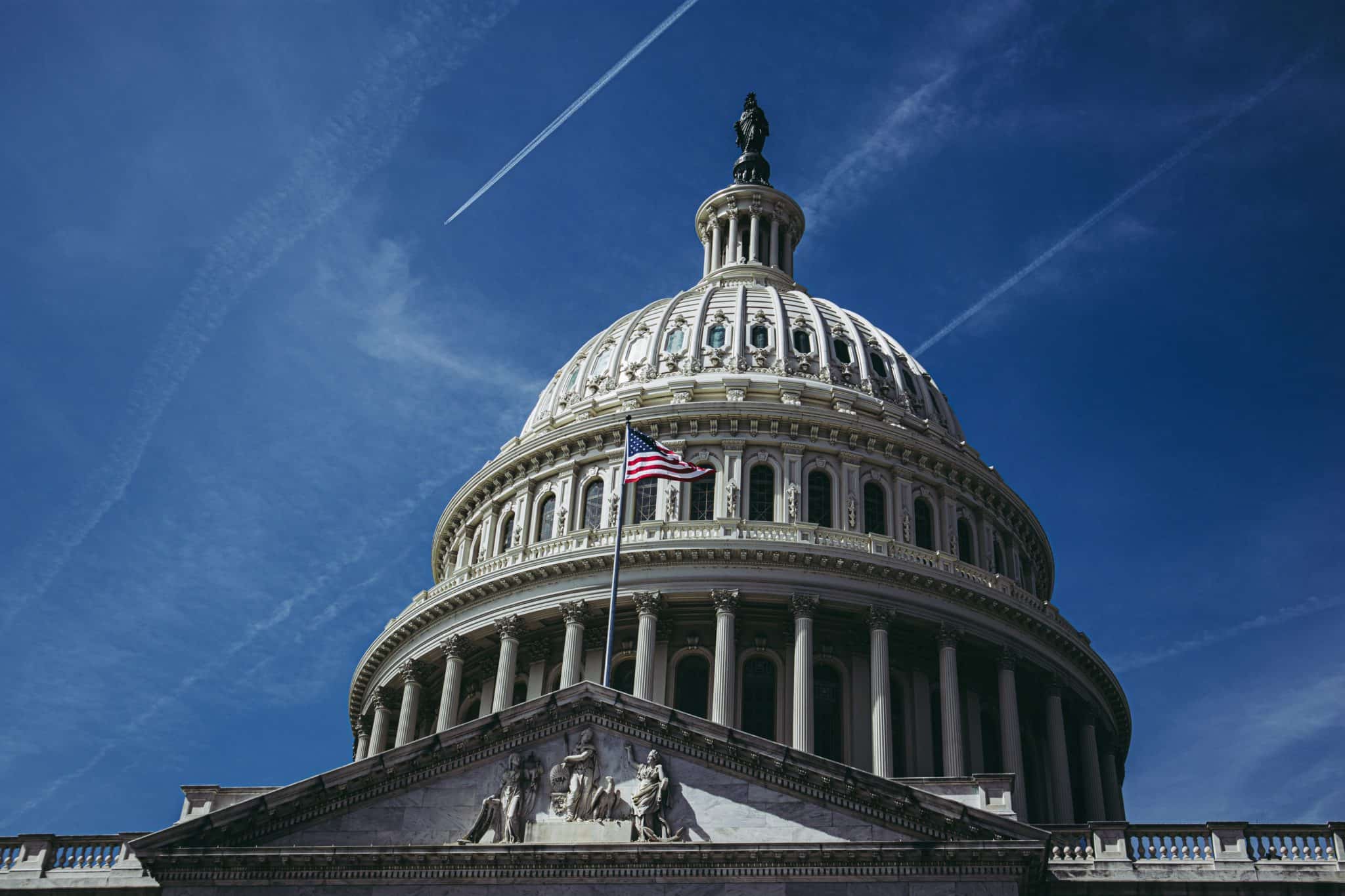
Rund Khayyat is a student at Harvard Law School.
Senate Republicans on Thursday fell short of the votes necessary to pass their proposed $300 billion coronavirus aid package. As the blog has reported in recent days, the Democrat-dubbed “skinny bill” was the first measure to secure the support of most Senate Republicans, who have remained divided for months over the provisions of the next pandemic relief package. House Democrats passed a $3 trillion aid package in May that has since stalled.
While Washington policymakers remain deadlocked over whether to inject the economy with emergency support, new job numbers are warning that the national economic rebound is struggling. Job postings have slowed down in late summer, following three months of steady increases. According to the Wall Street Journal, job postings plummeted when COVID-19 hit in the spring (May postings were 33% below those in February), then steadily improved when businesses reopened in July (August postings were 12% below those in February). Since then, however, the numbers have plateaued and have remained well below year-earlier levels. According to the Journal, the slowing job rebound indicates that the economy has a long way to go in repairing the destruction the pandemic wrought on employment.
During the NFL season opener this week, players joined the latest wave of demonstrations by professional athletes that began last month with the postponement of games as players in the NBA, the WNBA, Major League Baseball and other leagues protested the police shooting of Jacob Blake in Kenosha. The Houston Texans, who faced the Chiefs for the first game of the year on Thursday, remained in their locker room during “The Star-Spangled Banner” and “Lift Every Voice and Sing,” which is considered the Black national anthem. After the summer protests, the NFL announced it would play the song before every game.
The Texans said they stayed inside to keep the focus on systemic racism and to avoid a debate over kneeling. It is already clear there will be more protests: also Thursday, Miami Dolphins players criticized the NFL’s lackluster efforts to address systematic racism and said they would also sit out during the anthems. In a Twitter video, the players called the league’s racism marketing slogans “fluff and empty gestures.”
Though 70 percent of NFL players are Black, the League has wrestled with its response to player activism surrounding systematic racism for years. The protests this summer prompted the League to approve a plan for players to wear helmet decals with the names of victims of racist violence. The NFL has also allowed teams to display the words “End Racism” in the end zones, and encouraged teams to use stadiums as election polling centers.
But the moves come after the League spent years cracking down on player activism. The League rebuked quarterback Colin Kaepernick when he knelt during the national anthem throughout the 2016 season to protest racist police brutality, and it only backed off trying to ban protests during the anthem after the players’ union filed a grievance in 2017. In early June, Commissioner Roger Goodell apologized for not listening sooner to the concerns of Black players.
Finally, a Washington Post column this week discussed “the latest frontier in worker activism.” — Zoom campaigns. Since the pandemic, union activists have shifted traditional organizing methods, typically made up of one-on-one meetings and home visits with workers, to broader mobilization and organization methods online. Online platforms allow workers, particularly those who have never before joined a union but who have been vulnerable to bad labor conditions during the pandemic, to voice their concerns from the security and privacy of their homes. Digital platforms have provided an additional benefit: organizers across states are increasingly meeting to share their strategies, tactics and struggles. Among the workers who have organized digitally during the pandemic are: nurses and medical technicians in Louisiana with the ‘International Association of Machinists and Aerospace Workers’, who negotiated new bargaining units over Zoom, and museum staff members with the ‘United Steelworkers in Pennsylvania,’ who held a digital rally on Facebook.






Daily News & Commentary
Start your day with our roundup of the latest labor developments. See all
April 17
Southern governors oppose UAW organizing in their states; Florida bans local heat protections for workers; Google employees occupy company offices to protest contracts with the Israeli government
April 16
EEOC publishes final regulation implementing the Pregnant Workers Fairness Act, Volkswagen workers in Tennessee gear up for a union election, and the First Circuit revives the Whole Foods case over BLM masks.
April 15
The Supreme Court ruled in favor of bakery delivery drivers in an exemption from mandatory arbitration case; A Teamsters Local ends its 18-month strike by accepting settlement payments and agreeing to dissolve
April 14
SAG-AFTRA wins AI protections; DeSantis signs Florida bill preempting local employment regulation; NLRB judge says Whole Foods subpoenas violate federal labor law.
April 12
The EEOC weighs in on an anti-discrimination lawsuit against Workday; a rule expanding overtime protection moves closer to publication; Amazon decreases spending on anti-union consultants.
April 11
Maine Legislature votes to grant farm workers minimum wage and labor rights; Apple store workers in New Jersey petition to unionize; and Wisconsin Governor vetoes legislation to rollback child labor laws.